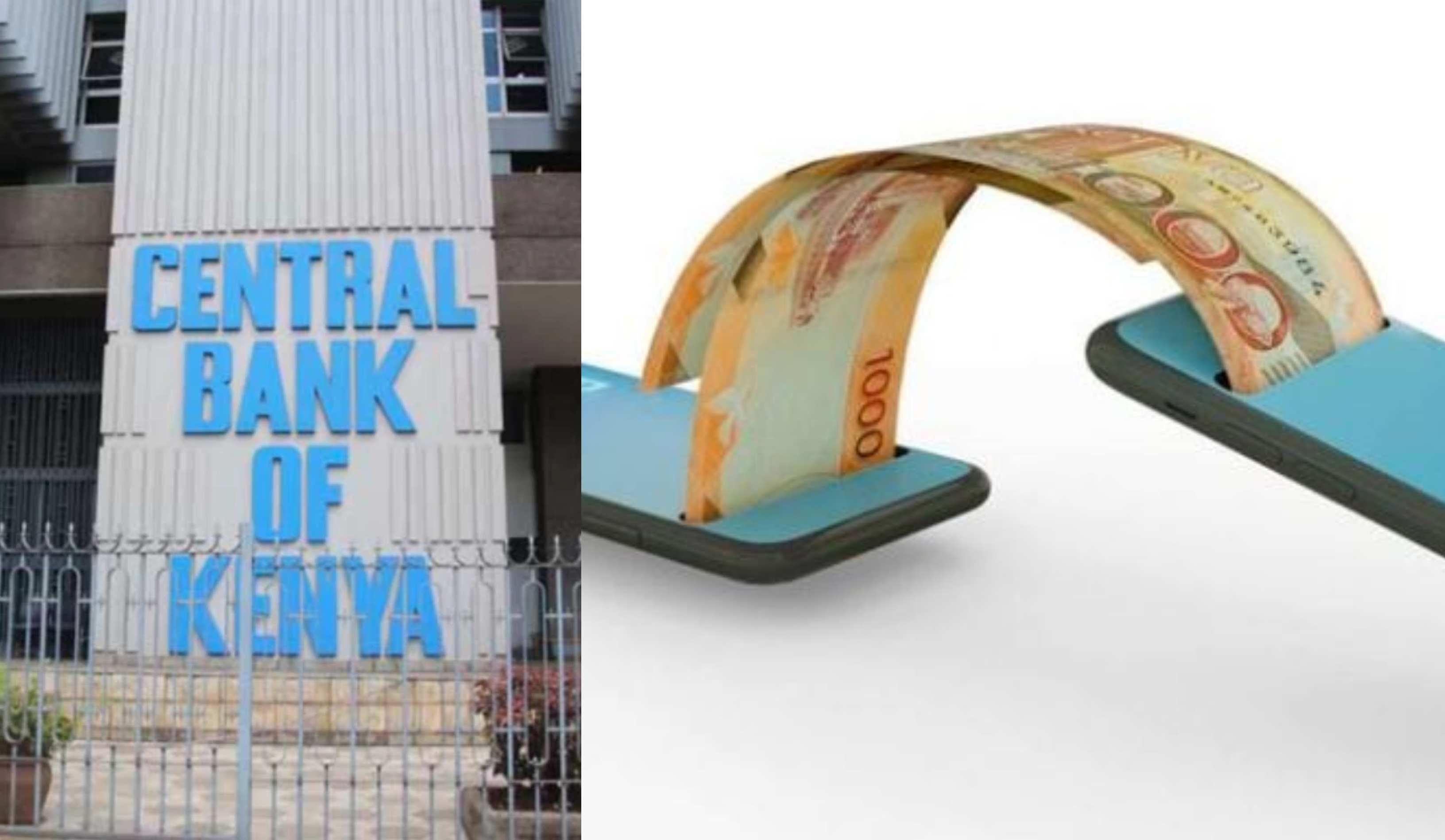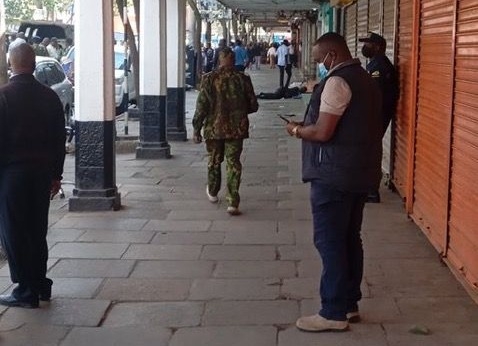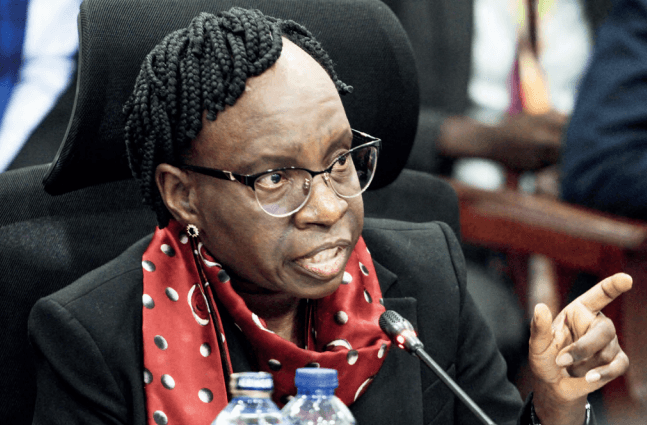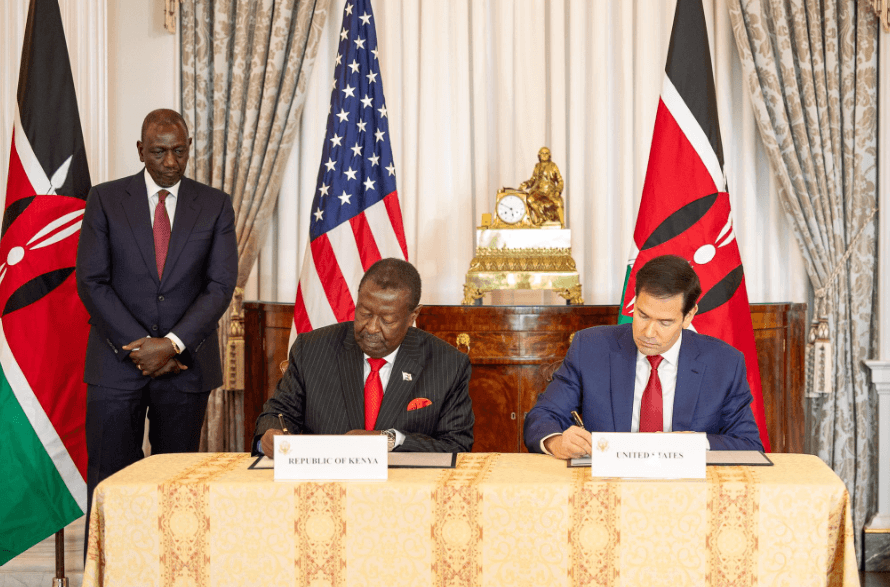 Central Bank of Kenya./FILE
Central Bank of Kenya./FILE
The regulator says most Kenyans still use mobile money primarily for basic services like person- to- person transfer with "limited uptake of advanced offerings such as digital credit, insurance, or saving."
This initiative is part of the Kenya National Financial Inclusion Strategy 2025-2028, which aims to reduce the average cost of mobile money transactions from the current baseline of Sh23 in 2024 to 10 shillings by 2028.
Currently, charges on some mobile money transfers can reach as high as 6.9 percent of the transaction amount, considerably higher than fees banks charge for retail cash movements.
This pricing structure has contributed to the plateauing growth of mobile money usage, as noted by the CBK.
In their own words, the bank observed that “most users still rely primarily on basic services like person-to-person transfers, with limited uptake of advanced offerings such as digital credit, insurance, or savings.”
This stagnation is attributed to factors including high transaction fees, limited interoperability, and financial products that do not fully meet the needs of underserved populations.
M-Pesa dominates the market with more than 90 per cent of mobile money transactions, underscoring Safaricom’s dominant position.
However, the introduction of fee caps is expected to put pressure on the telecom operators' revenues, especially since personal cash transfers account for nearly 40 percent of M-Pesa’s income.
The CBK highlights that “mobile money is the single most transformative tool for financial inclusion,” having expanded access to financial services for millions of Kenyans since its inception in 2007.
During the early phase of the COVID-19 pandemic, the CBK waived fees on transactions up to 1,000 shillings between March 2020 and December 2022, which helped increase active users by over 6.2 million.
The monthly volume of person-to-person transactions also soared from 162 million to 440 million, with values increasing from 234 billion to 399 billion shillings. Despite the reintroduction of fees in 2023, they remain significantly lower than pre-pandemic levels.
Mobile money subscriptions currently stand at 47.7 million, representing a penetration rate of 91 percent, according to the Communications Authority of Kenya.
This widespread adoption reflects mobile money’s role in closing financial inclusion gaps, especially among the unbanked.
Going forward, the CBK plans to collaborate closely with telecom operators and Parliament to foster transparent pricing and affordable digital financial services.
The regulator stresses the importance of balancing “short-term commercial targets and long-term sustainable growth” as it moves to make mobile money more accessible and equitable for all Kenyans.












